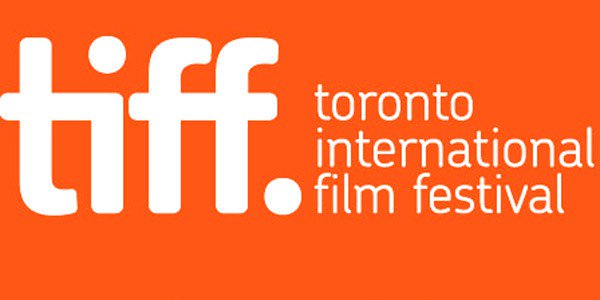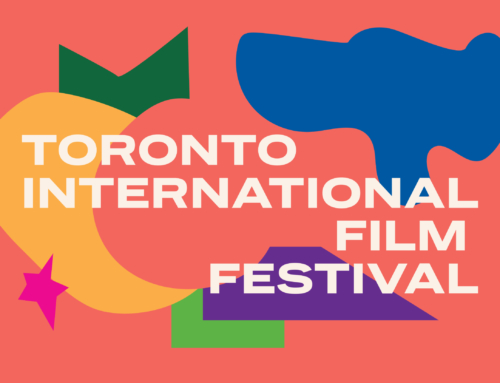
The Toronto International Film Festival was founded in 1976. In its earliest days, the event was known as the “Festival of Festivals”, due to the fact that the event was initially intended as a collection of the best films that had been screened at other festivals during the year. At its core, Toronto’s film festival was founded as a response to the notion that other film festivals had adopted a cold attitude toward their guests. Festival founders Bill Marshall, Dusty Cohl and Henk Van Der Kolk emphasized the importance of hospitality – and attendance numbers reflected that, with 35,000 people making their way to downtown Toronto for the inaugural edition of the festival. Although the reaction from the press was lukewarm in its first year, Barbara Kopple’s feature documentary Harlan County, U.S.A. would go on to win an Academy Award after premiering in Toronto – a sign of things to come, and the award-season reputation the festival would come to hold.
In its second year, the event moved from mid-October to mid-September and attendance grew, both in terms of spectators and press. In 1978, the festival premiered Robert Lantos’ In Praise of Older Women, which faced censorship from the Ontario Censor Board. The festival capitalized on the controversy, and the premiere oversold as large crowds flocked to the festival. In the coming years, festival organizers worked steadfastly to bring the best of the best films to the festival, both national and international. However, Hollywood studios were initially unwilling to submit films to the festival because of the reputation that Toronto audiences were too conservative. This lead to the festival routinely screening a large number of European films in its earliest days, as they were easier to secure. Still, festival organizers worked tirelessly to promote the festival, and attendance grew with more spectators, more celebrities, and more press coming to the event each year.
At its inception, the festival sought to build underdog films into Hollywood heavyweights. By 1994, this formula had proven to be a success, and festival organizers sought to expand. It was at this time that the festival had found its footing and officially took on the name of the Toronto International Film Festival. This was done in an attempt to establish the festival as a major contender alongside other international film events such as Sundance and Cannes. What differentiated TIFF from the other major festivals was its role as a public event. While festivals such as Cannes and Sundance catered to industry insiders, TIFF put audiences first. Because of this, Toronto’s festival became an ideal testing ground for audience reaction before the awards season. While this set TIFF apart, it also helped to grow its reputation. In 1998, Variety claimed that ““the Festival is second only to Cannes in terms of high-profile pics, stars and market activity.” The following year, famed film critic Roger Ebert was quoted in the National Post saying, “although Cannes is still larger, Toronto is more useful and important.”
The festival had this reputation solidified in 1999 when Sam Mendes’ American Beauty had its world premiere in Toronto. Following its screening, the film won TIFF’s People’s Choice Award and subsequently garnered a substantial amount of buzz from Hollywood. The film went on to win five Academy Awards, including Best Picture – thus solidifying TIFF’s prestigious reputation as a launching pad for award-worthy films.
Other winners of the People’s Choice Award have included Crouching Tiger, Hidden Dragon (2000), Amélie (2001), Hotel Rwanda (2004) and La La Land (2016). All of these films went on to achieve significant recognition at the Academy Awards, and the People’s Choice Award has since become a barometer for how well a film will perform during awards season. TIFF’s reputation as the “people’s festival” was cemented in 2008 when Danny Boyle’s Slumdog Millionaire won the People’s Choice Award. The independent film was initially set to be released direct-to-video; however, following its success in Toronto, Fox Searchlight released the film theatrically which led to gross profits of $375 million and eight Academy Awards.
In its 42 years, TIFF has risen from humble beginnings to become one of the most prominent film festivals in the world. In doing so, festival organizers have played a role in invigorating Canada’s film industry and establishing Toronto as “Hollywood North.” This year the festival will run from September 6 – 16th and will showcase 343 films, many of which are already being looked at as serious Oscar contenders. What began simply as a festival of the year’s best films has become an event that now determines what the best-regarded film of the year will be.










